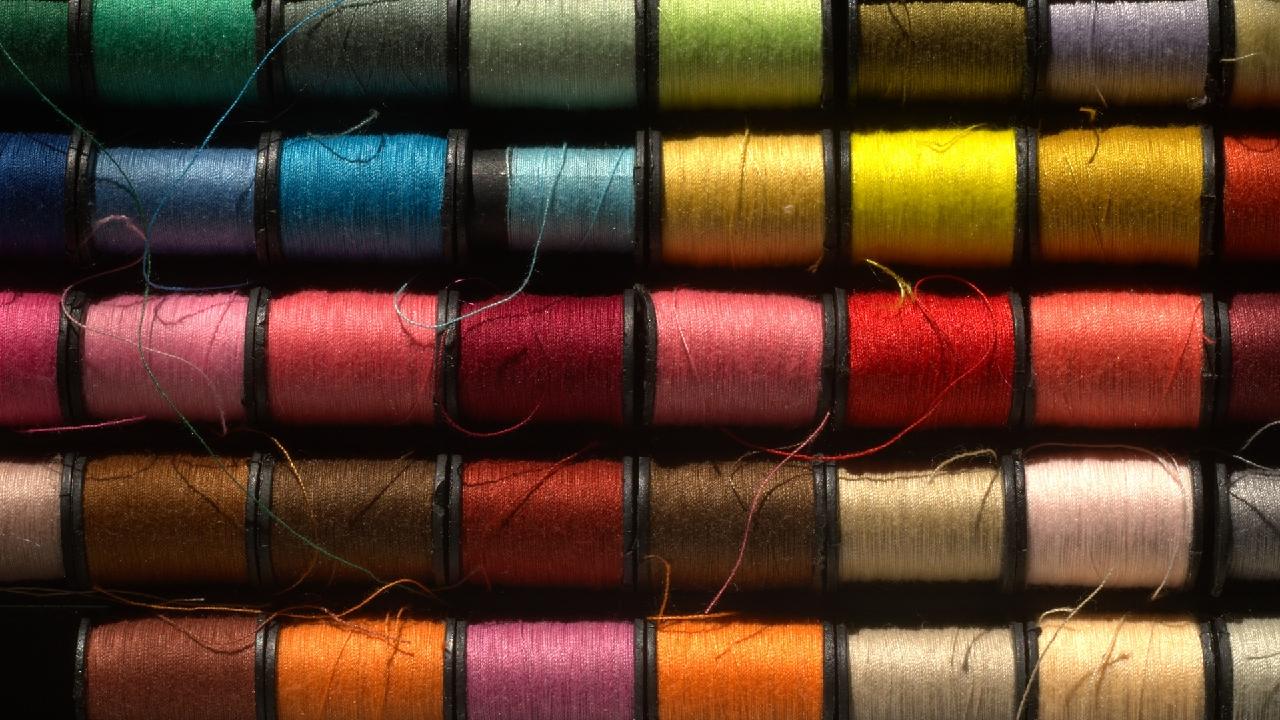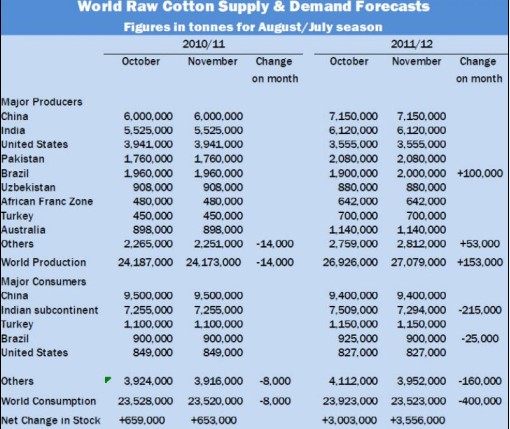|
CTEI:
Recently, the Xinjiang Uygur Autonomous Region People's Government announced that the regional textile industry next year will give some support on fiscal policy, the details as below:
Since 2011, when the regional textile industry (including cotton textile, wool textile, linen & hemp textile, chemical fiber, and garment enterprises.) obtain loans from financial institutions to implement technological innovation and development of downstream products, the government will arrange no less than 20 million per year to support those enterprises;
At the basis of national transport subsidies for cotton and cotton yarn, for those cotton yarn (32��s or above) made from local cotton and transported out of this autonomous region, the government will give 200 yuan per ton a year as the subsidies for transportation costs out of Xinjiang; for those cotton yarn (below 32��s), the subsidy is 100 yuan per ton; Textile enterprises within the autonomous region could exempt from part of corporate income tax (the local share of this kind of tax) for five years since 2011; in the period of 2011 and 2015, upon the recognition of major technological upgrading, expand the scale of the production, and/or extension of the downstream industry chain, the enterprises could continue to be exempted from part of enterprise income tax (the local share) for next five years;
To encourage the integration of the textile industry and rational use of resources, the statistics-worthy textile enterprises (whose annul output exceeding five millionyuan) in this Autonomous Region could be exempted from property tax or land tax for five years during the period of 2011-2015.
Since 2011, all textile enterprises belonging to the encouraged category of industries could enjoy the favorable tax rate for western development program, as well as the extra examption of tax for the local share for five years.
Textile enterprise located in difficult areas in the autonomous region and listed in the encouraged category of industries, could enjoy the enterprise income tax of "two years exemption and three years half pay" policy; for the half paid tax, the enterprises could further enjoy exemption of the local share. After the expiration of the term in the policy, enterprises could continue to enjoy exemption of the local share, or the favorable tax rate for western development program; Restructuring of state-owned textile enterprises could be exempted from sales tax. |
|
Xinjiang Offers Subsidy to Textile Mills Next Year
Updated: 2010-10-18 Source: CTEI

Recommended News
Photo Gallery
Most Popular



